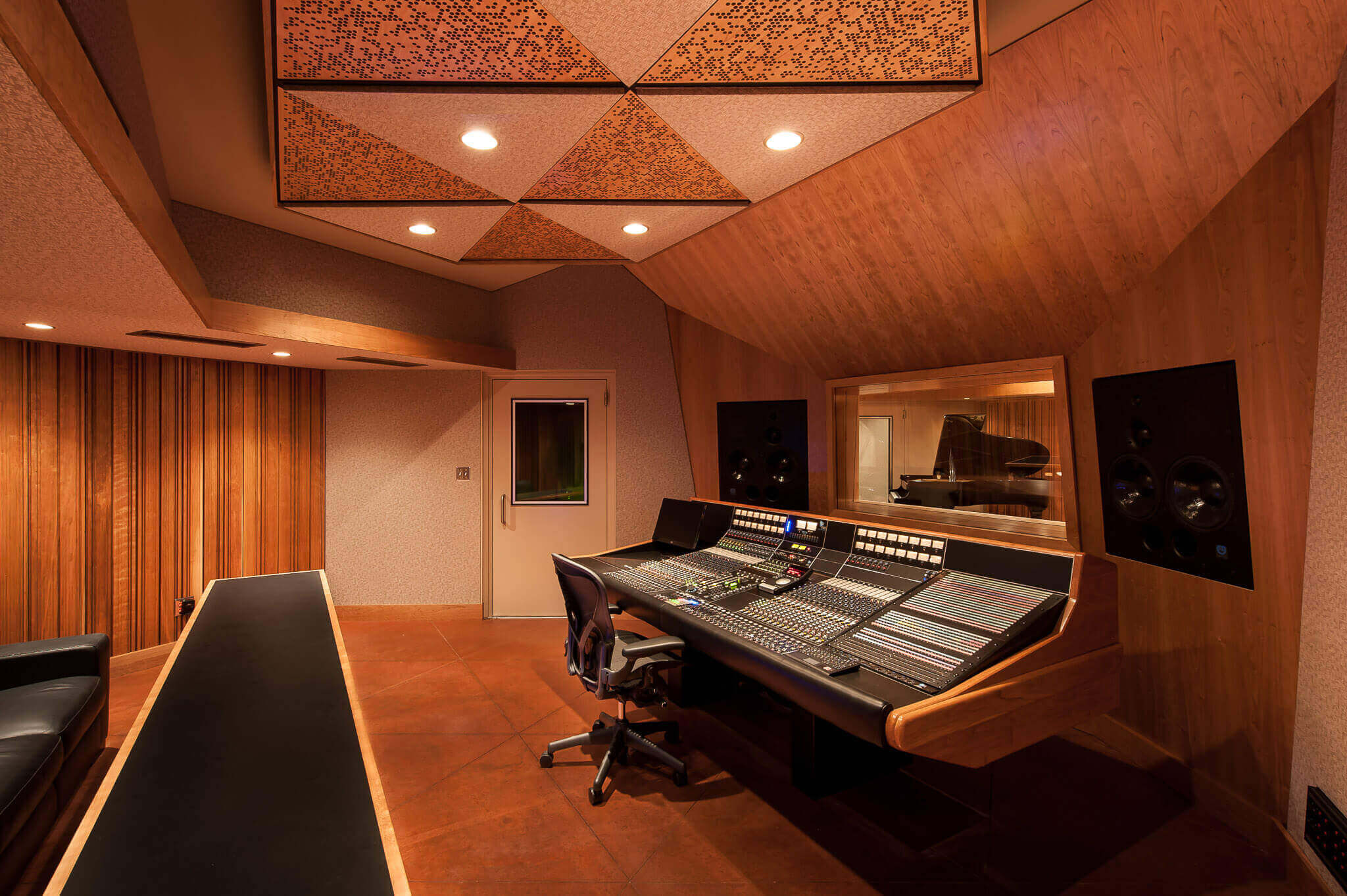A studio engineer plays a pivotal role in shaping the quality of music and audio recordings. To excel in this profession, one must possess a combination of technical knowledge, critical listening abilities, and strong interpersonal skills. Whether working in a professional studio or a home setup, mastering these essential skills can help studio engineers produce high-quality sound recordings that meet industry standards.
- Proficiency with Digital Audio Workstations (DAWs)
One of the fundamental skills for a studio engineer is expertise in Digital Audio Workstations (DAWs) like Pro Tools, Logic Pro, Ableton Live, and FL Studio. These software platforms allow engineers to record, edit, mix, and master tracks efficiently. Understanding how to use DAWs effectively enables engineers to optimize workflow and enhance the final product.
- Understanding of Audio Signal Flow
A studio engineer must grasp how audio moves from one device to another, from microphones to mixing consoles, interfaces, and speakers. A clear understanding of signal routing helps in troubleshooting technical issues and ensuring clean, high-quality recordings.
- Knowledge of Microphone Techniques
Different microphone types and placement techniques significantly impact sound quality. Engineers should know how to select and position microphones to capture the best audio for vocals, instruments, and ambient sounds. This skill is crucial in achieving clarity and depth in recordings.
- Expertise in Mixing and Mastering
A great mix can elevate a song, while poor mixing can diminish its impact. Studio engineers must understand:
- Equalization (EQ): Adjusting frequencies to ensure a balanced sound.
- Compression: Controlling dynamics to maintain consistency.
- Reverb and Delay: Enhancing depth and space within a mix.
- Stereo Imaging: Ensuring a mix has width and clarity.
Mastering, the final step in production, ensures tracks are polished and optimized for distribution across different platforms.
- Critical Listening and Attention to Detail
Developing sharp listening skills allows engineers to detect nuances in recordings, identify imperfections, and make precise adjustments. Critical listening helps in achieving balanced mixes and spotting potential audio issues before finalizing a project.
- Problem-Solving and Troubleshooting
Technical issues can arise at any moment in a recording session. Studio engineers must be adept at diagnosing and resolving problems with equipment, software, or acoustics quickly to maintain efficiency.
- Strong Communication and Collaboration
Studio engineers work closely with artists, producers, and musicians. Effective communication helps in understanding the creative vision of a project and executing it technically. The ability to provide constructive feedback and make adjustments accordingly is essential for successful collaborations.
- Basic Knowledge of Music Theory
While not mandatory, having a grasp of music theory can help engineers make informed decisions regarding arrangement, key adjustments, and harmonic balance.
Conclusion
Being a studio engineer requires a combination of technical expertise, problem-solving skills, and creative intuition. By mastering these essential skills, engineers can produce professional-quality recordings, making them valuable assets in the music and audio production industry.

